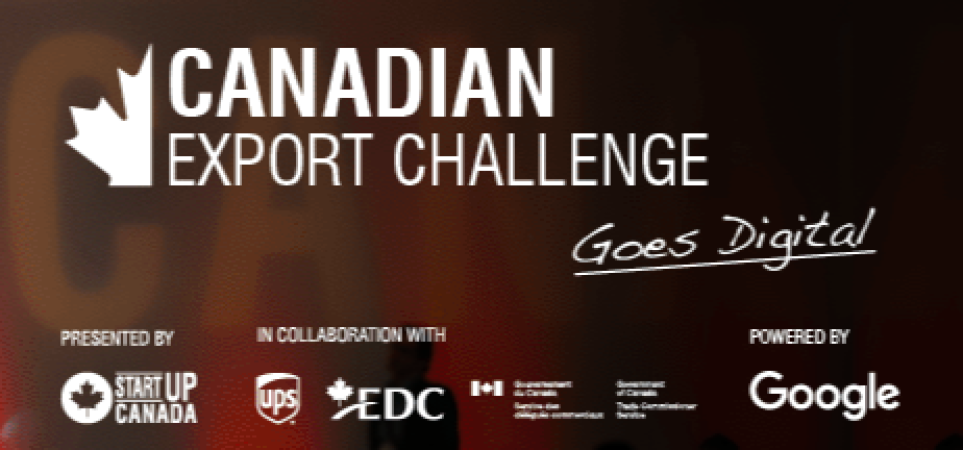August 7, 2020
PROMPT participe à l'appel à projets INNOV-R et a réuni des experts autour de la question : « comment l'innovation peut-elle réduire les GES ? » Une séance de réseautage virtuelle suivra pour favoriser l'émergence de projets de recherches collaboratives visant la réduction des GES au Québec.
Nos invités nous entretiendront d'innovations et de projets de recherches qui pourront nous inspirer sur des thèmes tels que la ville intelligente, la mobilité durable, l'optimisation logistique et l'optimisation énergétique des centres de données.
Nos invités :
Sylvain Carle, entrepreneur passionné et directeur senior du développement des écosystèmes en impact climatique chez Second Muse
Marc-Antoine Ducas, PDG Netlift
Professeur Ursula Eicker, titulaire de la chaire d'excellence en recherche du Canada sur les collectivités et les villes intelligentes, durables et résilientes
Professeur Leandro C. Coelho, titulaire de la chaire de recherche du Canada en logistique intégrée
Professeur François LeduPrimeau, Polytechnique Montréal
INSCRIVEZ-VOUS !
LES GRANDES CONFÉRENCES
DU CAMP TECHNO
Les 12 et 13 août prochains, le Camp Découverte Techno aura l'honneur de recevoir Janice Bailey, directrice scientifique du FRQNT et Rémi Quirion, scientifique en chef du Québec. Ces deux champions de l'avancement de la science au Québec viendront nous parler de leur rôle et du regard qu'ils portent sur l'état du progrès scientifique et technologique. Luc Sirois mènera les entrevues et animera les séances. Les questions des jeunes seront les bienvenues. À ne pas manquer!
INSCRIVEZ-VOUS !
WEBINAIRE PARTENAIRE
The Future of Quantum Computing
Une collaboration de l'Institut transdisciplinaire d'information quantique (INTRIQ) et de Techno-Montréal vous permet de vous prévaloir de l'un des 100 passeports OR pour l'événement "The Future of Quantum Computing, Quantum Networking, Quantum Sensors and Quantum Cryptography" (26 au 30 octobre, 2020), en prévente pour 59$ CAN plus les frais Evenbrite d'ici le 26 Août 2020.
Dans le cadre du Quantum Technology World Week – 26 au 30 octobre, 2020 – la conférence durera 5 jours et comprendra plus de 50 conférenciers d'entreprise sur des thèmes en lien avec l'évolution de la technologie quantique.
INSCRIVEZ-VOUS !





